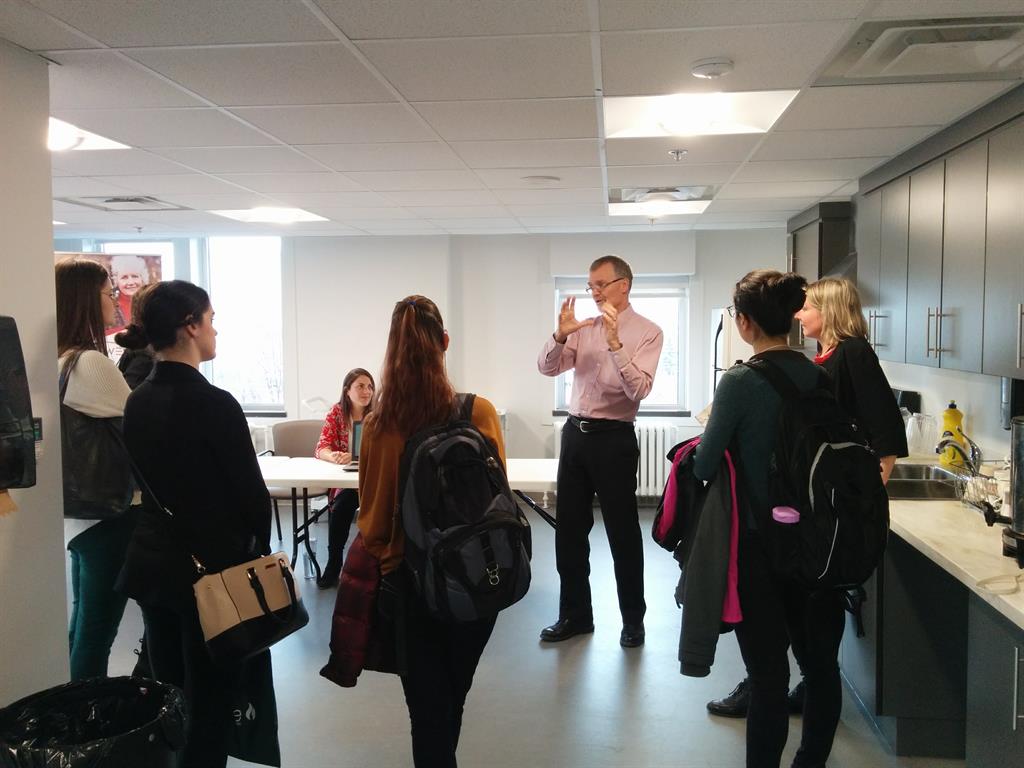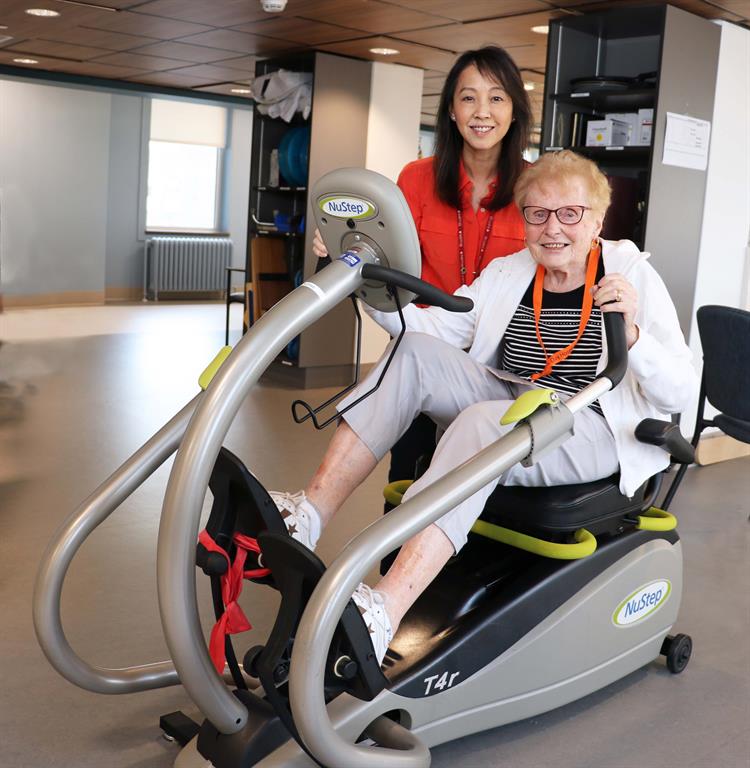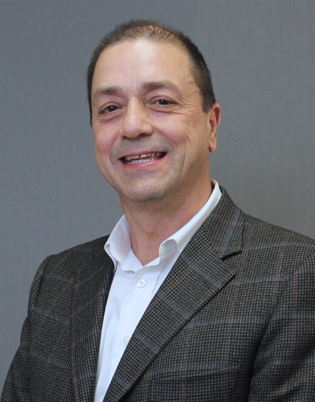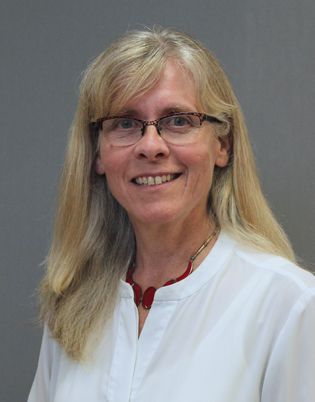Message from the Board Chair and CEO, Bruyère Health Research Institute and the VP Research and Academic Affairs, Bruyère Health
We are proud to share this annual report with our communities, showcasing many of the accomplishments of our Bruyère Health Research Institute (BRI) scientists, trainees and teams.
Their passion and commitment to helping people locally, nationally and globally is unfaltering.
 Our research focuses on how we can better support people’s health and well-being. How can we support people in different care settings and the community to get the right care, at the right time, in the right place with the right information? How can we support people to remain independent and living where they want to live? How can we support the creation of innovation and jobs through partnering with industry to test and uptake?
Our research focuses on how we can better support people’s health and well-being. How can we support people in different care settings and the community to get the right care, at the right time, in the right place with the right information? How can we support people to remain independent and living where they want to live? How can we support the creation of innovation and jobs through partnering with industry to test and uptake?
This year, we launched the Memory Collaborative with the University of Ottawa Brain and Mind Research Institute as well as our AGEWELL National Innovation Hub (Sensors and Analytics for Monitoring Mobility and Memory) with Carleton University.
 These collaborations between researchers at the uOttawa, Carleton and Bruyère will facilitate translation of research findings so our joint work will more rapidly influence the diagnosis, assessment, progression, treatment and care support for memory loss, dementia and mobility.
These collaborations between researchers at the uOttawa, Carleton and Bruyère will facilitate translation of research findings so our joint work will more rapidly influence the diagnosis, assessment, progression, treatment and care support for memory loss, dementia and mobility.
Mother Bruyère would be proud to know that her legacy extends across the globe as our researchers work with many global partners to support those in need in developing and disaster-torn countries. And what is very important, we use our findings from our international work to study and improve health systems, interventions, and health outcomes locally.
 |
 |
|
Dinis Cabral
Board Chair
Bruyère Health Research Institute
|
Heidi Sveistrup, PhD
Interim CEO & Chief Scientific Officer
BRI and VP Research and Academic Affairs, Bruyère
|
To learn more, please visite the Bruyère Health Research Institute website.
Research Highlights
As one of Canada’s top 40 research hospitals, we are committed to finding the best evidence to support health and care of people locally, nationally and globally. Our work is underscored by themes of collaboration and innovation.
Care transitions and supports
Patient Navigators – Health and social resources are widely available in the community but not always used by those who need them. Integrating patient navigators in primary care seeks to support vulnerable populations to overcome barriers to access and make use of services that can address their needs.
eConsult – A secure web-based service enables physicians and nurse practitioners to access specialist advice for their patients. Funded by the MOHLTC in 2018, the Ontario eConsult Centre of Excellence leads this innovative program providing eConsult services to all Ontarians.
LifeView – Supporting well-being and quality of life for those at endof-life, LifeView brings virtual travel to adults receiving palliative care and their caregivers. Connecting people to memories of times past or fulfilling unrealized dreams of travel can create positive experiences, contributing to well-being in the final years of life.
Digital Health and Innovation
AGE-WELL SAM3 National Innovation Hub – Sensors and Analytics for Monitoring Mobility and Memory is a hub of health professionals, researchers, industry partners, and non-profit organizations working together to develop technological solutions to keep older adults healthy, safe, and independent. In 2017, Bruyère in collaboration with Carleton University proudly launched the AGE-WELL SAM3 apartment laboratory that is now being used to develop and test these technological innovations.
Motiview - Can innovative technology support increased activity levels while triggering fond memories? Motiview uses a television, video and music library, and a mobile cycle-trainer to simulate bike rides in real-life locations around the world.
Virtual reality (VR) – Is virtual reality an effective and acceptable tool for rehabilitation post-stroke or for people with mild cognitive impairment? The VR system uses a motion-tracking camera and computer software to track a person’s movements, allowing them to interact with therapeutic games and activities on a television screen.
Health Systems
Quality for Individuals Who Require Long-Term Support (QUILT) - This research aims to inform planning and policy decisions for Ontarians with long-term care needs. It uses health care data to trace patients through the health system and assesses current and future needs of older adults and their caregivers.
CLRI – The Ontario Centres for Learning, Research and Innovation in Long-Term Care (CLRI) is supported by the Ministry of Health and Long-term Care to build capacity through education, research and knowledge mobilization to improve the health and well-being of people who live and work in long-term care.
INSPIRE – Where you live impacts the care you receive. Innovations Supporting Primary Healthcare through Research provides better quality information on patients’ primary care needs across different geographic areas, assesses the systems’ ability to meet those needs, and offers feedback on implementation of specific reforms.
DICE – Deprescribing Initiatives using Community Engagement explores how public and health professional engagement can support implementation of deprescribing, the planned and supervised process of dose reduction or stopping medications that might be causing harm or no longer be of benefit.
Memory and Dementia
Memory Collaborative – The University of Ottawa Brain and Mind Research Institute (uOBMRI) and BRI launched a joint fundraising campaign for improved memory and dementia research, education and care, aiming to collectively raise over $20M in the coming years.
Clinical trials – Our clinical trials are helping in the fight against neurodegenerative diseases such as Alzheimer’s disease and dementia. We are actively recruiting participants for drug intervention studies, non-drug intervention studies, and observational studies. Visit bruyere.org/bri to learn more.
Trainee workshop – The first Memory Collaborative Trainee Workshop was held to help graduate students better understand the range of memory research between the uOBMRI and Bruyère including basic science, clinical science and psychology related to memory loss.
Research to Improve Care around the World
Combatting Neglected Tropical Diseases – Aiming to improve the skills and performance of community volunteers who deliver preventative treatments to those at risk of contracting Lymphatic Filariasis, this research is part of an initiative led by the World Health Organization to eliminate the disease by 2020.
Prevention and Assessment of Infectious Diseases Among Migrants – Researchers and practitioners have compiled available scientific evidence on the prevention and treatment of infectious diseases among migrants entering the European Union (EU) and the European Economic Area (EEA). The aim is to improve the health of migrants and to maintain the health of receiving countries and communities.
Maternal Mortality Reduction – Tanzania has a very high rate of maternal mortality, which has a tremendous impact on the family. This research aims to increase access to family planning services, health services, supplies and medication through community health workers to ultimately save lives.
Faster and smoother access to rehabilitation for hip surgery patients – Does enhanced collaboration between Orthopedics at The Ottawa Hospital and the Care of the Elderly at Bruyère lead to improved access, an earlier start to intensive rehabilitation and a return to home more quickly? Preliminary results show acute care days are reduced, without compromising gains in mobility and function.